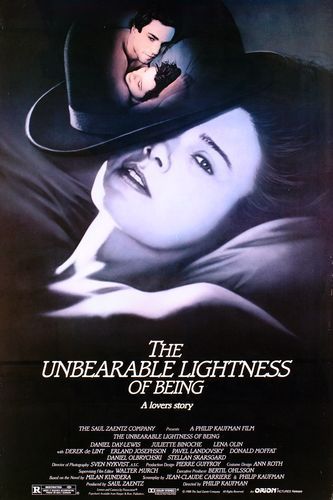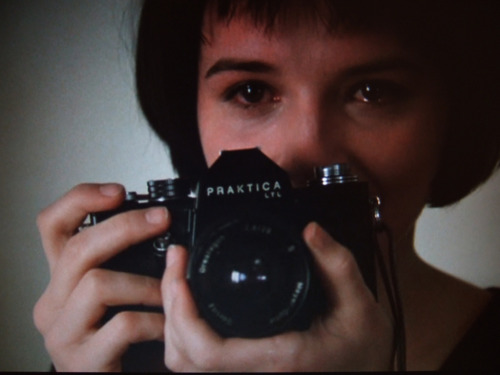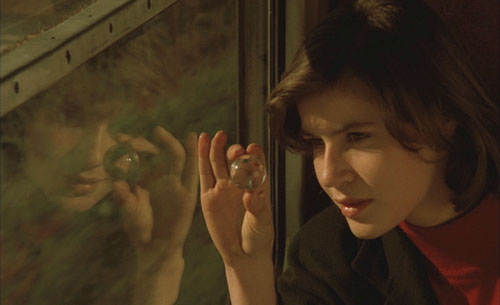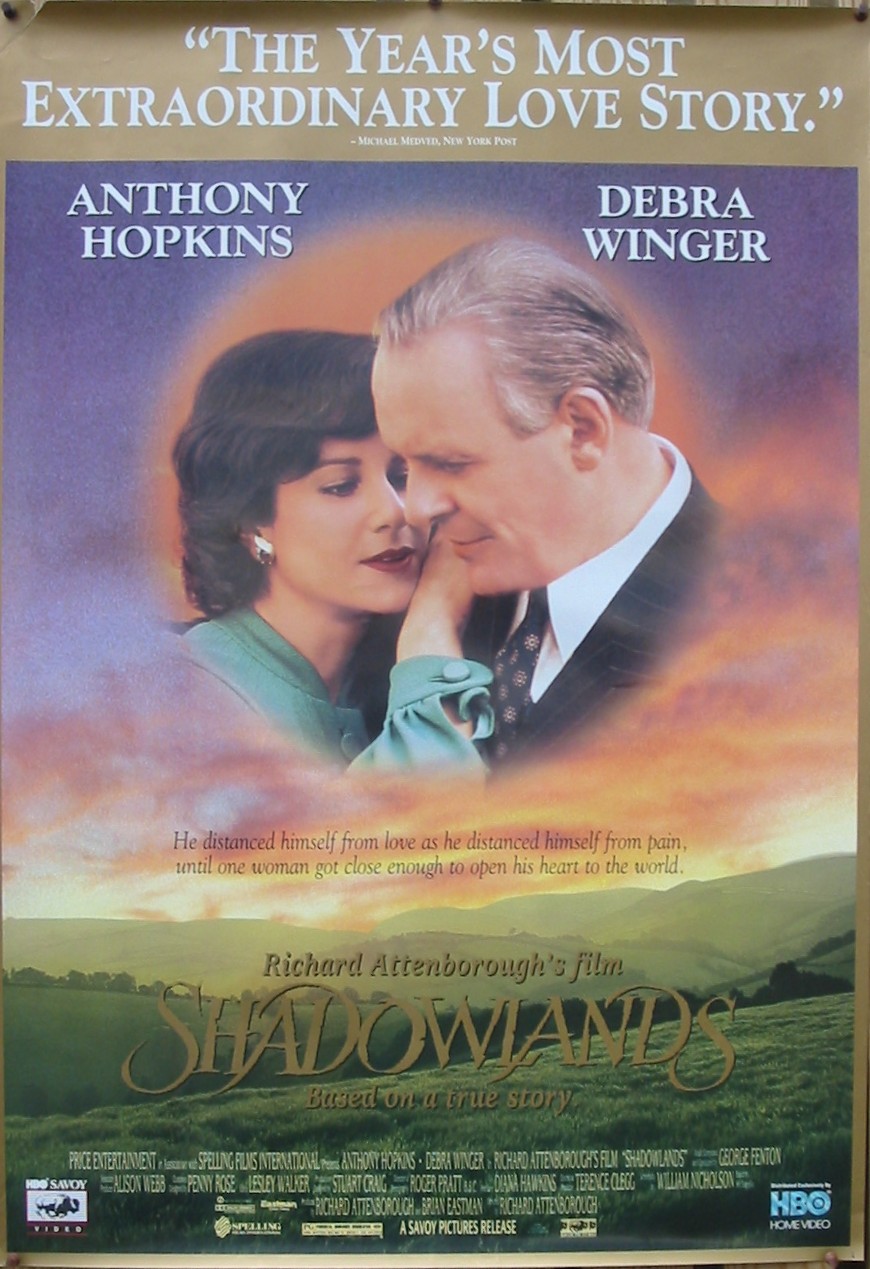 |
| Christian Marclay, "The Clock", 2010. Photo from jockohomo. |
Christian Marclay's 24 hour film work titled "The Clock" has been hailed as one of few good reasons to go see this year's Venice Biennale. It has earned Marclay the Golden Lion Award for the best artist in the Biennale, and it has generated a lot of interest in other venues where it has been shown. At times there were long lines of people on the street waiting to get in to see it when it was shown at the Paula Cooper Gallery in New York this winter (see Jerry Saltz's review about not standing the wait in cold weather, and Ben Davis about not getting in at all).
 |
| Christian Marclay, "The Clock", 2010. Photo from ARTINFO. |
Most critics are stunned by the giant proportions of this work. Apparently, it has taken Marclay two years and the help of six full time assistants to piece together thousands of film clips that add up to 24 hours of footage. When the film is shown in galleries, it is synchronized with actual time, so that "film time" becomes "real time".
 |
| Christian Marclay, "The Clock", 2010. Photo from MODERN ART NOTES. |
So far, I have just seen one unfavourable review of "The Clock". - Tyler Green at MODERN ART NOTES: "The Clock’s facileness renders explicable the crowds that flocked to Paula Cooper Gallery for the work. Contemporary art is in the throes of a salon moment, a moment during which once-difficult conceptual work is watered down enough to be accessible for the art market and its hangers-on."
By watching the video clip from BBC above, or the excerpt from the film itself below, it may be possible to judge whether Tyler Green is right when he says that the concept of "The Clock" is just too easily accessible. - Or whether Christian Marclay's work is a rare example of complexity made beautifully simple, - to give a unique experience of time, that very precious commodity that we tend to take for granted and at the same time constantly are conscious of.
Since I have not had a chance to see "The Clock" "live", I was happy to discover these YouTube clips. They give a certain impression of what the work is about. But flicking through YouTube, watching a little here and a little there while wondering if I really have time to be surfing around, that makes it quite clear that a crucial part of experiencing "The Clock" in a gallery setting must be the decision one has made to sit down quietly in the dark for an extended period of time. - To just stay there and watch, without doing anything else, and thus become aware of each precious moment.




